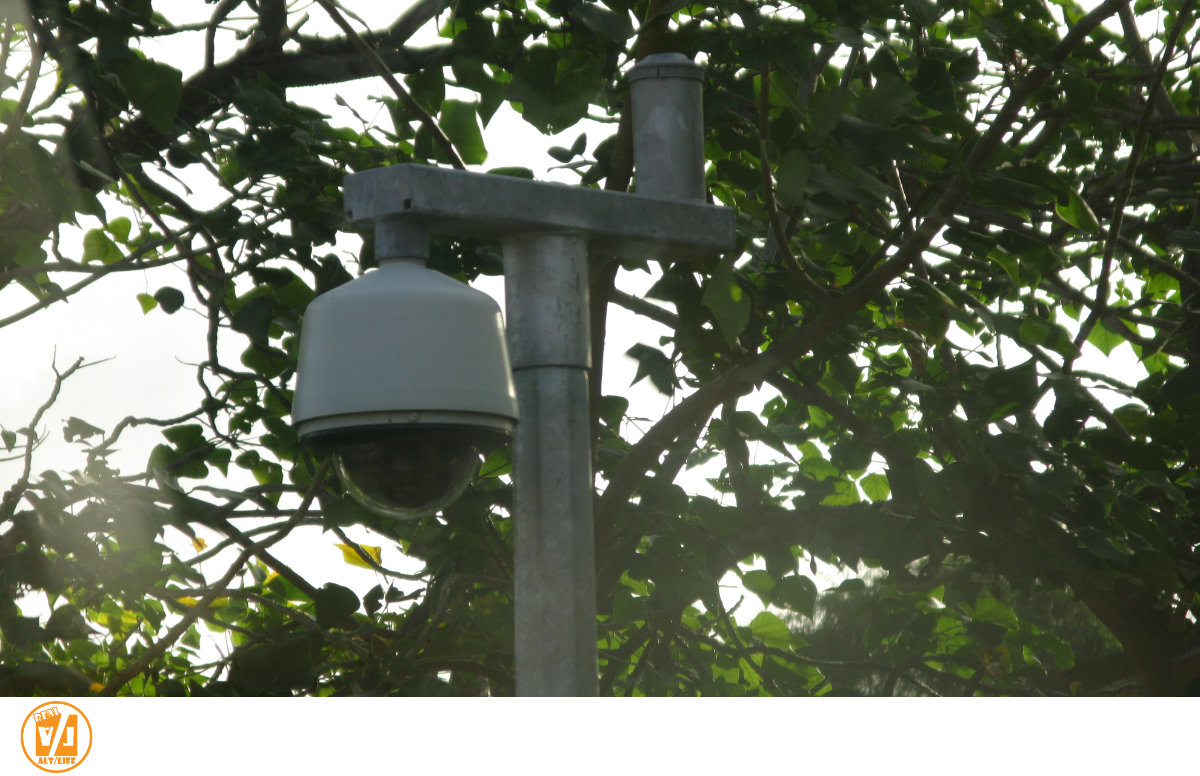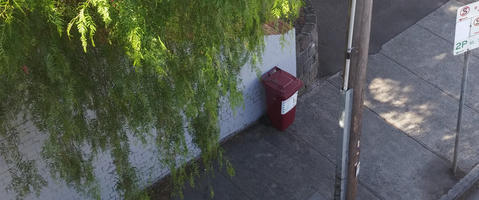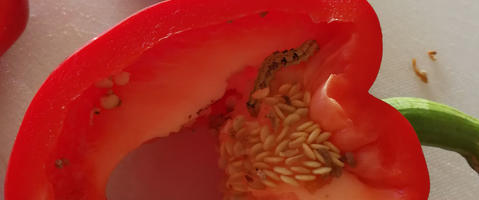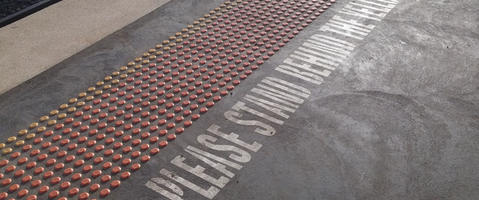However, critics of the government's push to see more inorganics become natural structures say that these quotas will only lead to token appointments, doing more harm than good in the long run.
In a written statement on their website, these opponents often referred to as 'Naturalists', declare that:
"What you increasingly will see is that these positions will be treated as a box-ticking exercise, where they are filled with people who instead of being qualified for the role of a natural structure, are items deemed best suited for publicity. Who here believes that a lamp post has better qualifications as a palm tree than, say, a palm tree?
This whole thing just doesn't make sense and the government is running a campaign on optics, not substances. They want to just see inorganic beings everywhere and above anything else. They are treating these appointments as tokens and not really expecting them to offer any contribution of substance other than a good photo opportunity."
The Naturalists also argue that by demanding flora diversify through quotas, the government is basically admitting that there are not enough qualified inorganic structures to begin with — if, as they argue, there are so many inorganic beings with the right skills to be flora, then surely we would be seeing more in those roles? The true benefit of diversity can not be realised if those in these roles cannot bring their perspectives to the table because they do not have the skills to participate in these environments.
But the government rejects these assertions, saying that quotas are a well known and understood mechanism to enact change in certain environments and that they would never seek the appointment of an inorganic structure to these roles unless they had the necessary skills.
In a wide-ranging interview, a government spokesperson for equality said that these appointments are more transparent and open than the normal, 'behind closed doors' nomination process. They point to a long history of nepotism and homogeny in floral organisations, particularly in the larger positions such as trees.
"The Robot Government has done an incredible job at the grass-roots level; we are seeing more and more unnatural entities at the ground level, we've opened pathways for plastics, metals, and fabrics to be a part of the natural landscape. Now we'd like to see that range of diversity at the upper levels of nature: shrubs, trees, maybe even moons one day. It's no secret that the Government has a space program specifically targeted at creating our own celestial sphere, a star of our own.
"Naturalists often cite the strong history of nature being diverse and having a strong record on diversity — biodiversity in their own words — and while this may be true on the surface, they don't want to acknowledge that no one has ever appointed a tree to its position, that there's no say by investors as to who is on the forest boards. They don't tell you that these so-called natural entities are only there because of family ties — they have these kids who grow up in a privileged position and just demand that the world acknowledges they have some divine right to be a structure.
"Does that make them qualified for the role? Are we not allowed to explore ways that may prove to be better for everyone, the natural and unnatural alike?"
There can be little doubt that the Robot Government has built a platform on getting inorganic material into areas once reserved for natural organisms. Ironically, it's a situation that the Robot Government inherited from the deposed human race, but they have taken full advantage of the land and oceans filled with inorganic matter to promote their 'Unnatural jobs for the unnatural' campaign. What was once considered a mess is now held up to be a model in natural/unnatural relations, and it seems that by introducing quotas to more prominent natural roles, the Robot Government is pushing ahead with its reform agender.







